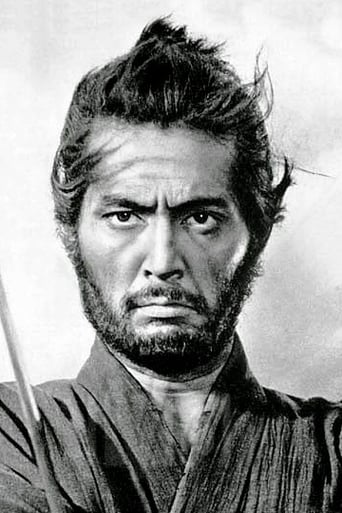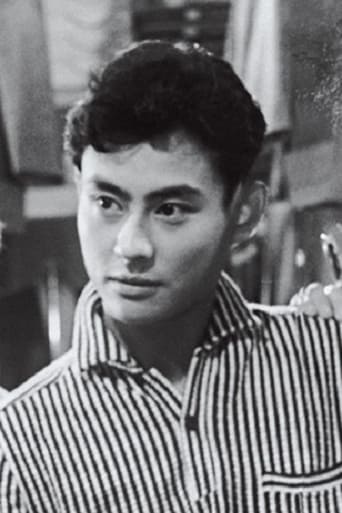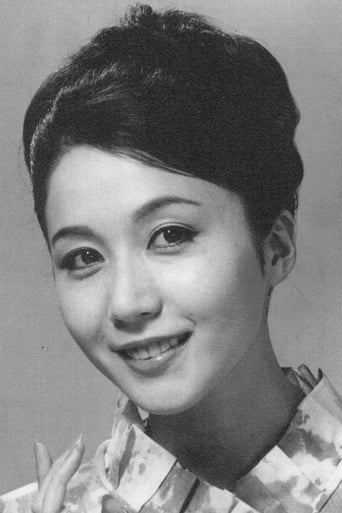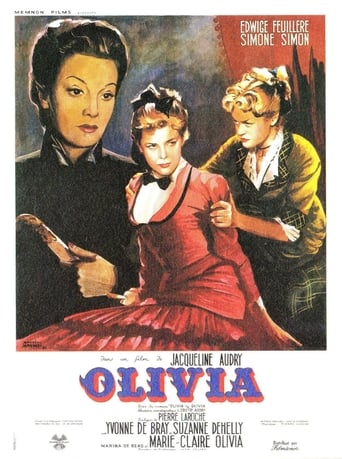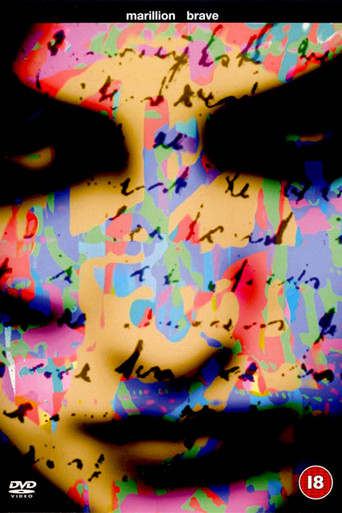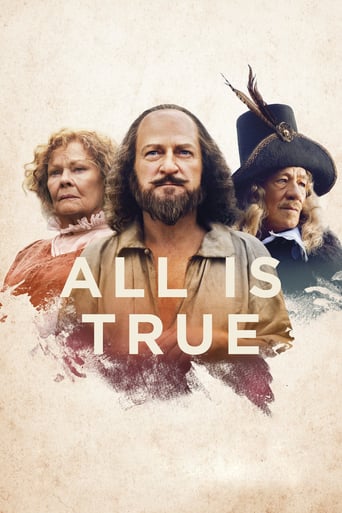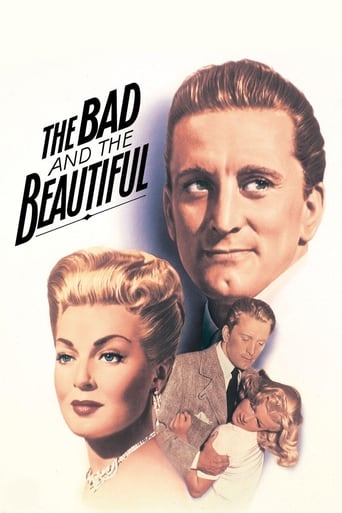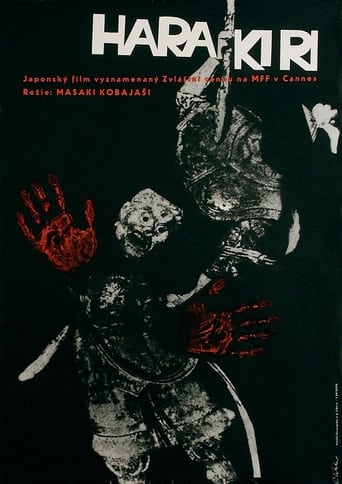

Harakiri (1963)
Down-on-his-luck veteran Tsugumo Hanshirō enters the courtyard of the prosperous House of Iyi. Unemployed, and with no family, he hopes to find a place to commit seppuku—and a worthy second to deliver the coup de grâce in his suicide ritual. The senior counselor for the Iyi clan questions the ronin’s resolve and integrity, suspecting Hanshirō of seeking charity rather than an honorable end. What follows is a pair of interlocking stories which lay bare the difference between honor and respect, and promises to examine the legendary foundations of the Samurai code.
Watch Trailer
Cast


Similar titles
Reviews
Pros:It's great at building tension. The story is gripping and interesting. Exciting action. Fantastic acting. I dont know a lot about 17th century Japan But i Can Imagine that it's very authentic either way it did a great job getting me into the world. Every camera move feels unique and purposeful. The way it sometimes doesnt show what we want to see just to let our imagination go wild. The score is great. Interesting characters that you care about and either want to see succeed or die. It's very emotional at times. Never boring. Really good cinematography. It has a very unique and interesting style.Cons: I dont really have any complaints about the movieOverall: This is one of my favorite movies of all time. It's stylistic way of telling a already interesting story works extremly well.10/10
Film Review: "Harakiri" (1962)Running within competition at Cannes Film Festival in its 16th edition of year 1963, losing the "Palme d'Or" against a superior "Il Gattopardo" directed by Luchino Visconti (1906-1976), director Masaki Kobayashi (1916-1996) nevertheless receives eternal cinematic splendors due to perfectly-received samurai sword fighting confrontations in an open range, where every thrush breathes the ultimate hostility of one razor-sharp strike to the death.Based on a rarely known Japanese novel by author Yasuhiko Takiguchi (1924-2004), director Kobayashi indulges on black-and-white cinematographic splendors for slight moments too long in a 130-Minute-Editorial, which neverthless tends to amaze by its precision in visual compositions, when leading actor Tatsuya Nakadai elegantly restraints overacted beats to let "Harakiri" evolve to an hypnotic motion picture gem for the next generation to discover.Copyright 2018 Cinemajesty Entertainments LLC
I look at each non-Kurosawa Japanese movie with skepticism. This movie included.But, it didn't take long for the movie to pull me in. You feel a real compulsion to know answers. Who is the older samurai? What is his connection to the young man who was, let's not mince words, brutally murdered by a lord and his retainers? Why are the three "seconds" no shows for the second suicide? And, the answers aren't the ones you expect. What you do take from this movie is a complete lack of respect for the samurai code which is shown to have definitely atrophied.If you enjoyed Rashamon, you will like this movie.
Viewed on DVD. Restoration = ten (10) stars. This is a melodramatic tale set in Japan's early 1600's. It was a time of major societal disruption when unemployed samurai (known as "ronin") became a major problem with the "peaceful" unification of Japan under one emperor. Ronin lacked few (if any) skills transferable to civilian life. Their rigid adherence to the "samurai code of honor" did not help matters. They become dependent on handouts (sometimes coerced and gained by trickery). The director spins a story to illustrate how a military honor code ingrained over hundreds of years can rapidly become dysfunctional and of little practical use when the zeitgeist changes. The point being that outside of military life and its sponsors, the samurai code is really a "facade." Direction is seamless and creative: most of the film uses a single set, but the viewer scarcely notices this and is rarely bored (the movie, however, is a bit too long). Acting by Tatsuya Nakadai is a wonder to behold, and arguably the best brought to the "classical" Japanese cinema. The score is stark (mostly consisting of what sounds like a single got-tan), but effective. Cinematography (black and white, wide screen) is excellent with scene lighting adding much to driving the film's theme home to the viewer. Set decoration is appropriately sparse with many interiors either shot on location or carefully recreated in a studio setting. Subtitles leave a lot to be desired. They are usually too long with the title writer taking great liberties when translating line readings. Once again Criterion restoration engineers seem to take delight in harassing the viewer when s/he tries to turn on/off subtitles (you never know what to expect until restarting the film). WILLIAM FLANIGAN, PhD.


